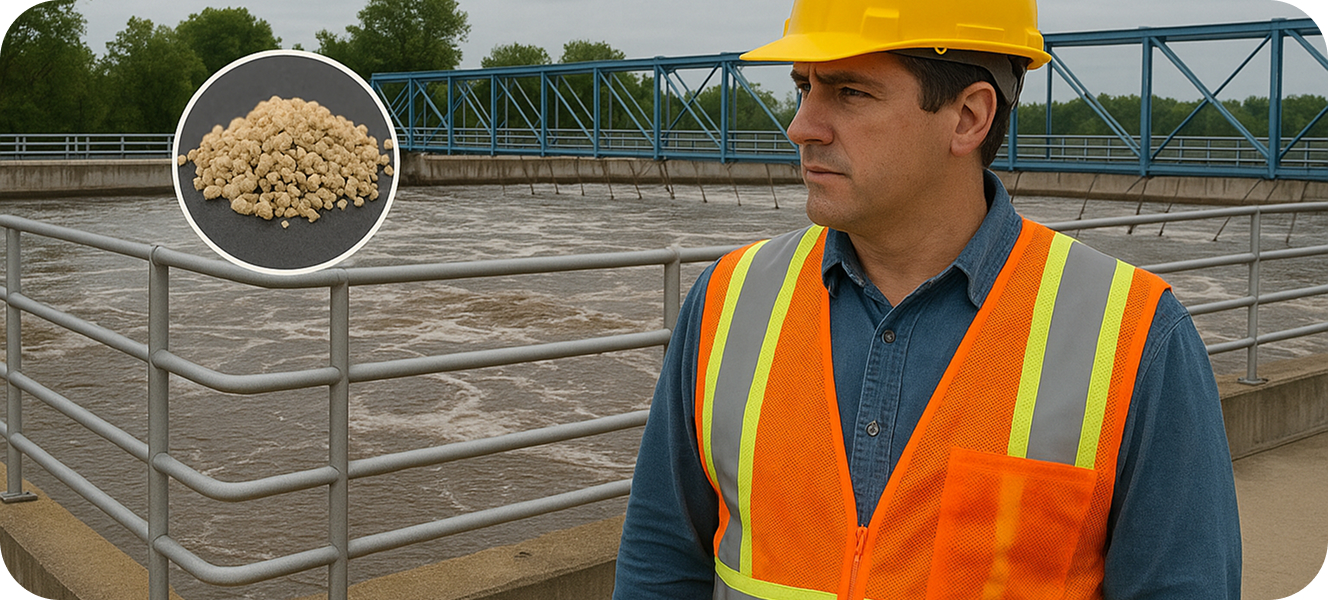
The rising prevalence of antibiotic-resistant bacteria (ARB) in surface waters is both an environmental concern and an occupational safety issue that affects workers in water treatment, agriculture, and public health sectors. These resistant bacteria pose a direct threat to anyone exposed to contaminated water through handling, treatment processes, or recreational contact.
Recent research highlights the limitations of conventional water treatment methods in eliminating ARB, prompting the need for innovative and sustainable solutions. One promising approach involves using natural adsorbents derived from agricultural waste, such as biochar and activated carbon. These materials are not only eco-friendly and cost-effective but also demonstrate high efficiency in capturing ARB and their associated resistance genes through mechanisms like electrostatic interactions, hydrogen bonding, and van der Waals forces.
The physicochemical properties of these adsorbents, shaped by feedstock type, pyrolysis conditions, and activation methods directly influence their effectiveness in complex water systems. For occupational safety, this means that properly engineered adsorbents can significantly reduce the microbial load in work environments, lowering the risk of exposure for water treatment personnel and farmers.
Beyond efficacy, the ecological compatibility and regeneration potential of these materials ensure that sustainable practices do not inadvertently create new hazards. Key performance indicators, such as adsorption kinetics, isotherm modeling, and post-treatment microbial community dynamics, help organizations assess and implement these technologies safely and effectively.
Importantly, integrating natural adsorbent strategies into water treatment protocols aligns with global efforts to contain antimicrobial resistance (AMR) and supports a circular economy by valorizing agricultural waste. For companies and agencies responsible for worker safety, this research underscores the importance of updating occupational health policies to incorporate ARB mitigation measures.
Organizations seeking to strengthen their occupational safety policies and protect workers from ARB exposure can contact Aquaresist for expert guidance on implementing natural adsorbent-based water treatment strategies.
